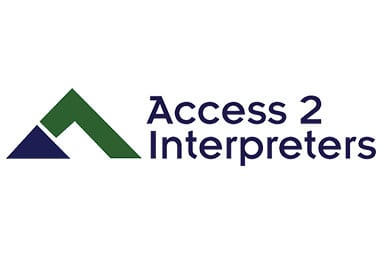Famed Japanese writer of masterpieces such as Norwegian Wood and 1Q84, Haruki Murakami, only has a handful of translators he allows to translate his works. It’s because he understands translation is not merely switching out words from one language to another. It’s almost an art form where a translator must take care not to lose the nuance and subtleties of the source language while avoiding awkward, literal translations.
Same thing goes for interpreting. Just because a person is bilingual doesn’t mean he can effectively interpret from the source language to the target language. Interpreting requires a different set of techniques than simply being able to speak both languages. Those techniques differ by situation and industry. In judicial settings, a use of professional interpreters is crucial.
According to a blog from Lio Lester of the National Association of Judiciary Interpreters & Translators, there have been cases where a bilingual police officer was the interpreter for a deponent. In many instances, there is no doubt the police officer involved is fluent in both the source and target languages. The issue isn’t the fluency – it’s the conflict of interest and lack of training.
The conflict of interest is fairly obvious. A police officer might have preconceived notions about the deponent he’s providing the interpretation service for. In his mind, the deponent might already be guilty. A professional interpreter has no vested interest in the outcome of a case, which removes any chance of bias.
Lack of procedural training is the bigger issue here. Every deposition is recorded by a court reporter. When a police officer is untrained in proper interpretation techniques, it could potentially confuse the court reporter when labeling entries. In one case, the interpreting police officer kept referring to the deponent as “she,” when in fact, he should’ve spoken in the first person as if he was the deponent herself.
So the conflict of interest and lack of training call for professional interpreters in judiciary settings.





